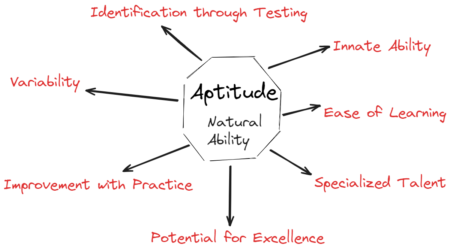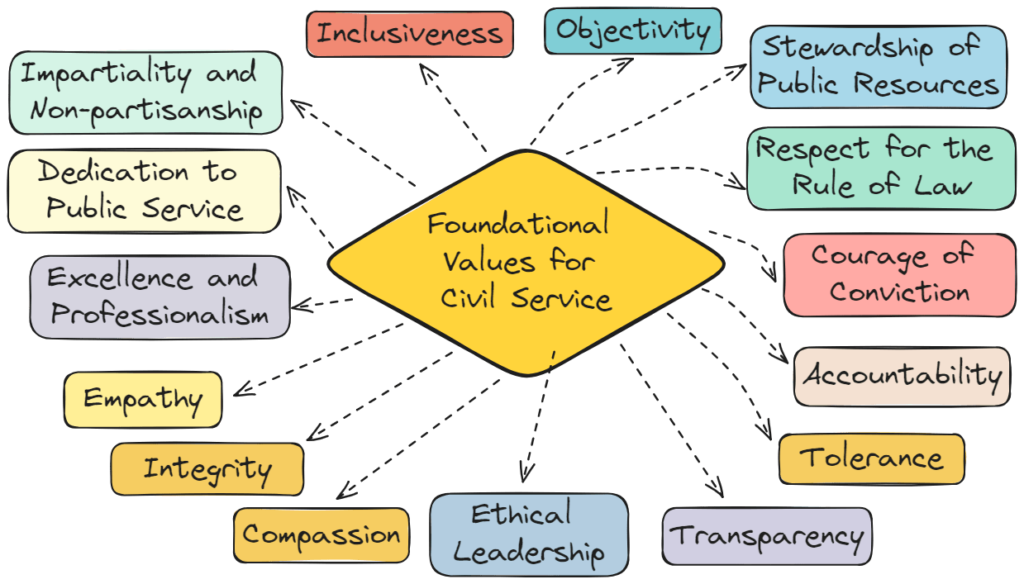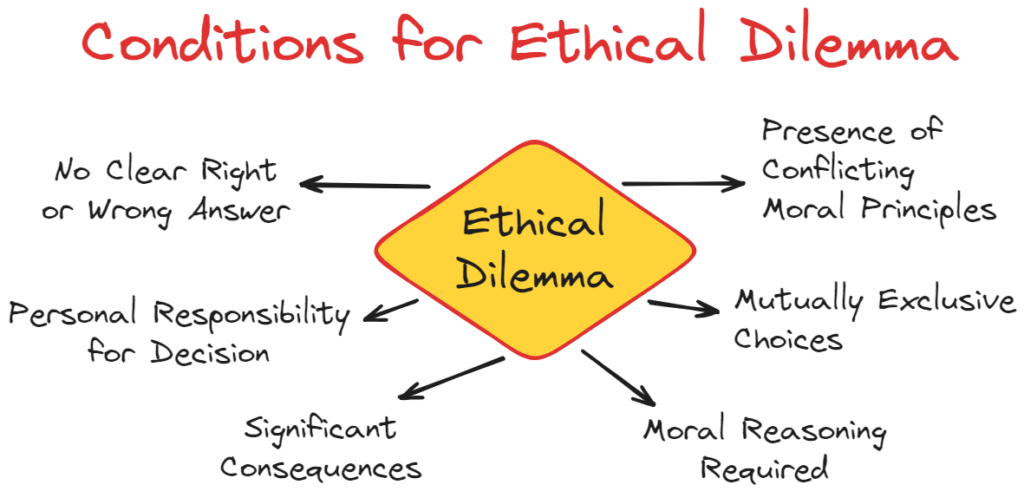Significance & Ethical concerns in international ethics | Ethics Notes for UPSC
Significance & Ethical concerns in international ethics
Significance of International Ethics
The significance of international ethics lies in its role in guiding behavior, decision-making, and policies across national borders in a way that promotes mutual respect, understanding, and cooperation among nations, organizations, and individuals. International ethics encompasses a broad range of principles and norms that aim to address the complex challenges and dilemmas that arise in the global context. Here are several key aspects that highlight the significance of international ethics:
1. Promoting Peace and Security
International ethics plays a crucial role in establishing norms and principles that help prevent conflicts and wars, promote disarmament, and encourage peaceful resolution of disputes. By advocating for respect for sovereignty, non-intervention, and human rights, international ethics contributes to a more stable and peaceful world order.
2. Facilitating Global Cooperation
In an increasingly interconnected world, global challenges such as climate change, pandemics, and terrorism require coordinated international responses. International ethics provides a framework for cooperation by establishing common values and goals that transcend national interests, facilitating collective action for the common good.
3. Protecting Human Rights
International ethics underscores the importance of respecting and protecting human rights globally. Through international declarations, treaties, and laws, it sets standards for the treatment of individuals regardless of their nationality, promoting dignity, freedom, and equality.
4. Ensuring Justice and Equity
International ethics seeks to address issues of global inequality and injustice. It emphasizes principles such as fairness, equity, and justice in international relations, trade, and development, aiming to reduce disparities between nations and promote a more equitable distribution of resources and opportunities.
5. Guiding Globalization and Technological Advancements
As globalization and technological advancements bring about rapid changes, international ethics helps navigate the ethical implications of these developments. It addresses concerns related to privacy, data protection, digital divide, and the ethical use of technology, ensuring that progress benefits humanity as a whole.
6. Promoting Sustainable Development
International ethics is integral to the pursuit of sustainable development, balancing economic growth with environmental protection and social equity. It encourages practices and policies that meet present needs without compromising the ability of future generations to meet their own, promoting long-term global well-being.
7. Enhancing Cultural Understanding and Respect
In a diverse world, international ethics fosters mutual respect and understanding among different cultures and societies. It promotes tolerance, dialogue, and respect for cultural diversity, helping to bridge divides and build a more inclusive global community.
Ethical Concerns in International Relations
Ethical concerns in international relations are diverse and complex, reflecting the multifaceted nature of global interactions. These concerns often arise from the tension between national interests and global responsibilities, the pursuit of power and wealth, and the need to uphold universal principles of justice, human rights, and environmental sustainability. Here are some of the key ethical concerns in international relations:
1. Sovereignty vs. Humanitarian Intervention
One of the central ethical dilemmas involves the respect for national sovereignty versus the moral imperative to intervene in situations where human rights are being grossly violated, such as in cases of genocide, war crimes, or severe oppression. The question of when and how to intervene without infringing on a nation’s sovereignty is a significant ethical challenge.
2. Global Inequality and Justice
The vast disparities in wealth, resources, and opportunities between and within countries raise ethical questions about fairness and justice. The responsibilities of wealthy nations towards poorer ones, the ethics of debt relief, fair trade practices, and the redistribution of global resources are critical concerns.
3. Arms Trade and Military Aid
The ethical implications of the international arms trade and the provision of military aid to regimes or groups involved in conflict are significant. These actions can perpetuate violence, destabilize regions, and contribute to human rights abuses, raising questions about the moral responsibilities of exporting and importing countries.
4. Environmental Ethics and Climate Change
The global nature of environmental degradation and climate change presents ethical challenges related to responsibility, equity, and sustainability. Issues such as the disproportionate impact of climate change on poorer countries, the responsibilities of major polluters, and the ethics of resource exploitation are central concerns.
5. Human Rights
The promotion and protection of human rights on a global scale, including the rights of minorities, refugees, and marginalized communities, are key ethical issues. The challenge lies in balancing respect for cultural differences with the enforcement of universal human rights standards.
6. Terrorism and Counterterrorism
The ethical dimensions of terrorism and counterterrorism strategies, including issues of civilian casualties, torture, surveillance, and the erosion of civil liberties, are significant. The challenge is to combat terrorism effectively while upholding ethical standards and human rights.
7. Global Governance and International Law
The development and enforcement of international laws and norms, including those related to war, trade, and diplomacy, raise ethical questions about sovereignty, compliance, and the legitimacy of international institutions.
8. Cultural Relativism and Universalism
The tension between respecting cultural differences and upholding universal ethical principles is a persistent concern. This includes debates over practices considered culturally significant in some societies but are seen as unethical or harmful by universal human rights standards.
9. Economic Sanctions
The use of economic sanctions as a tool of foreign policy raises ethical concerns regarding their effectiveness and their impact on civilian populations, potentially leading to widespread suffering and humanitarian crises.
Addressing these ethical concerns requires a careful balancing of principles, interests, and values. It involves ongoing dialogue, negotiation, and cooperation among nations, international organizations, civil society, and individuals to navigate the complex landscape of international relations ethically and justly.
Significance & Ethical concerns in international ethics | Ethics Notes for UPSC Read More »



